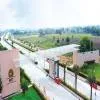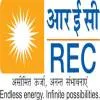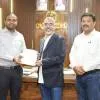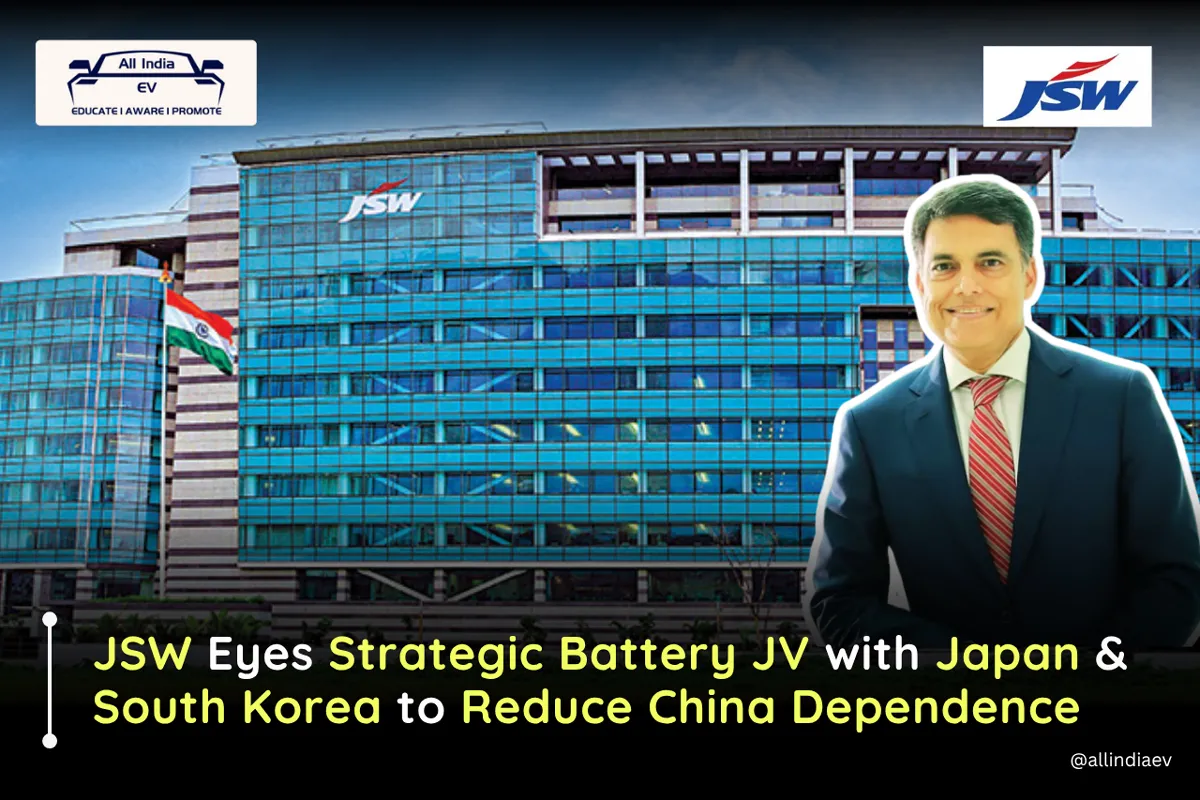
JSW in final talks for Japan-Korea battery JV in India
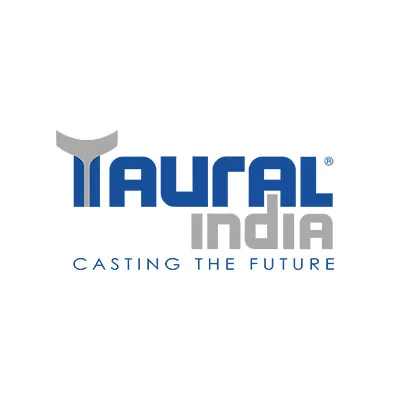
Taural India Commissions Second Aluminium Casting Plant in Maharashtra
Taural India recently commissioned its second aluminium sand casting manufacturing facility in India at Supa, Maharashtra, marking a major expansion after its first plant in Pune. The 30-acre facility was inaugurated by the Honourable Chief Minister of Maharashtra, Shri Devendra Fadnavis, and represents a significant addition to the state’s advanced manufacturing ecosystem.Designed to meet global engineering and sustainability benchmarks, the Supa plant integrates automation, digital process controls and advanced quality systems. It will manufacture complex, high-tolerance aluminium componen..
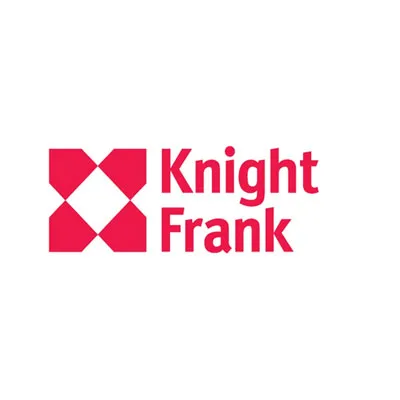
Mumbai Sees 14-Year High January Stamp Duty Collection
Mumbai city, under the Brihanmumbai Municipal Corporation (BMC) jurisdiction, recorded 11,219 property registrations in January 2026, generating over Rs 10.12 billion in stamp duty revenue for the Maharashtra government. This marked the highest January revenue collection in the past 14 years, despite an eight per cent year-on-year decline in registration volumes compared to January 2025.Stamp duty collections rose two per cent year-on-year, indicating a growing share of higher-value transactions in the city’s housing market. Residential properties continued to dominate activity, accounting f..
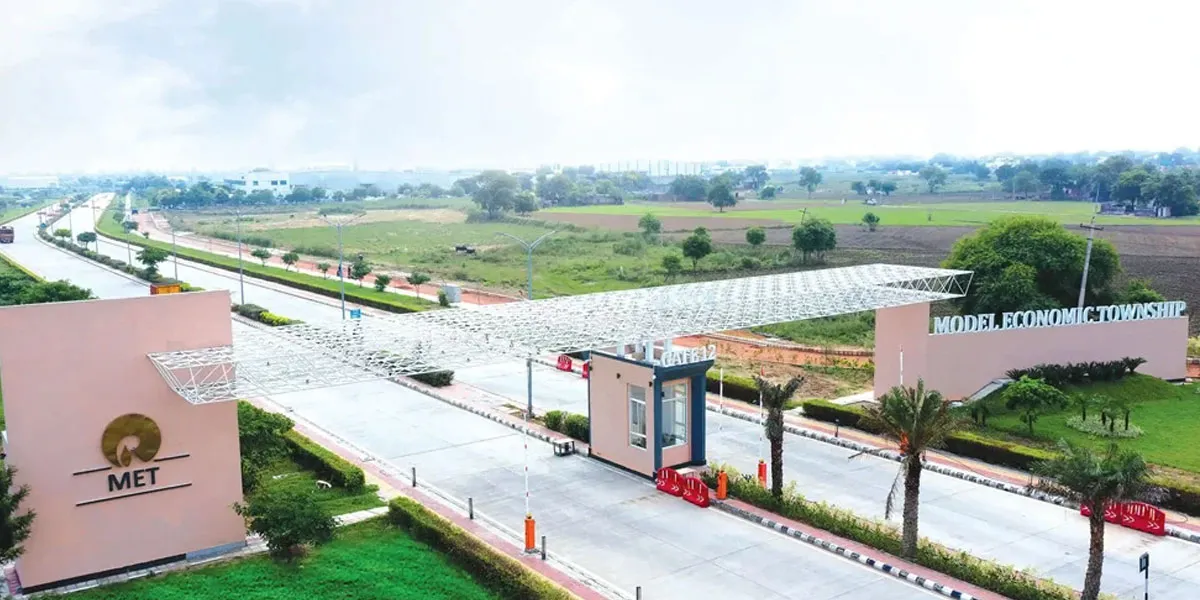
Reliance MET City Launches Mixed-Use ‘Metropolis’ in Haryana
Reliance MET City, a wholly owned subsidiary of Reliance Industries Limited, has recently announced the launch of Metropolis by MET City, a large-scale integrated mixed-use development at Daryapur in Jhajjar district, Haryana.The project is part of a 140-acre master-planned development comprising residential plots, industrial plots and a future group housing component. In the current phase, around 100 acres are being launched.Envisioned as a multi-dimensional ecosystem, Metropolis brings together residential living and industrial activity within a single, well-planned township. The residential..







